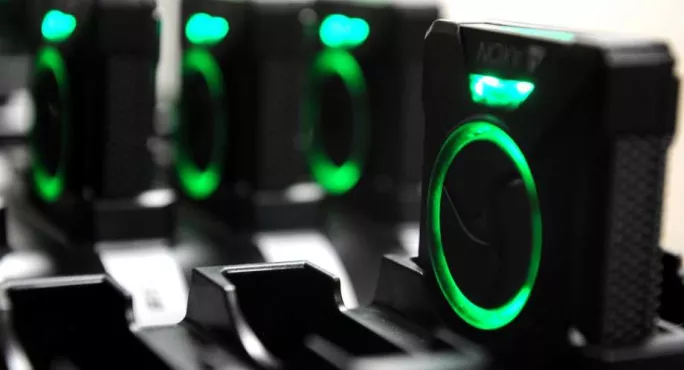Two-thirds of teachers would feel safer in the classroom if they were wearing a body camera, a TES survey reveals.
And a third would willingly wear a “bodycam” in school, according to the poll of 600 teachers.
The survey comes amid widespread concern among teachers about the levels of violence that they face in their jobs. According to the ATL teaching union, four out of 10 teachers have experienced violence from pupils in recent years. The proportion is even higher among teaching assistants.
More than a third - 37.7 per cent - of teachers questioned by TES said that they would wear a body camera in school. And two thirds - 66.4 per cent - of teachers said that they would feel safer in the classroom if they knew that there was a camera recording everything.
Evidence of assaults
Tom Starkey, teacher and TES columnist, said: “I’ve witnessed countless physical assaults as a teacher, and have been physically assaulted while teaching on a number of occasions.
“I’m unsure that a bodycam would have acted as a deterrent, but it would have been an easy way to evidence those assaults.”
A study published by the University of Cambridge late last year, which looked at how people behaved when they interacted with police officers who were wearing body cameras, found that the cameras had a positive impact both on the officer wearing the camera, and on the members of the public whom they were dealing with.
Complaints against officers fell by 93 per cent over the 12-month period of the study, compared with the previous year. Dr Barak Ariel, from the Cambridge Institute of Criminology, who led the research, said: “Once they know that everything they do is caught on tape, they will undoubtedly change their behaviour, because they don’t want to get into trouble.”
Of the teachers who told TES that they would wear a body camera in school, 35.1 per cent said that they would do so to monitor and gain evidence of student behaviour. One in five - 19.5 per cent - said that they would do so in order to improve their teaching.
‘Fraught with difficulty’
Some US schools have already adopted wearable cameras as part of their behaviour-management strategies. And two schools in the UK are investigating using the cameras in their classrooms.
But this move has already attracted criticism. Chris Keates, general secretary of the NASUWT teachers’ union, said: “This is a proposal which is fraught with difficulty, not least in relation to safeguarding pupils, and also the safety and security of staff.”
But Tom Ellis, principal lecturer at the Institute of Criminal Justice Studies at the University of Portsmouth, said that this reaction was, in part, down to fear of the unknown. “Teachers might begin to feel more at ease with the cameras once a broader range of uses is developed, and it might allow a more graded disciplinary system to be developed to involve restorative approaches,” he added.
The full TES feature on body cameras will be published in TES magazine on Friday, 10 February. This week’s TES magazine will be available in all good newsagents. To download the digital edition, Android users can click here and iOS users can click here
Want to keep up with the latest education news and opinion? Follow TES on Twitter and like TES on Facebook




